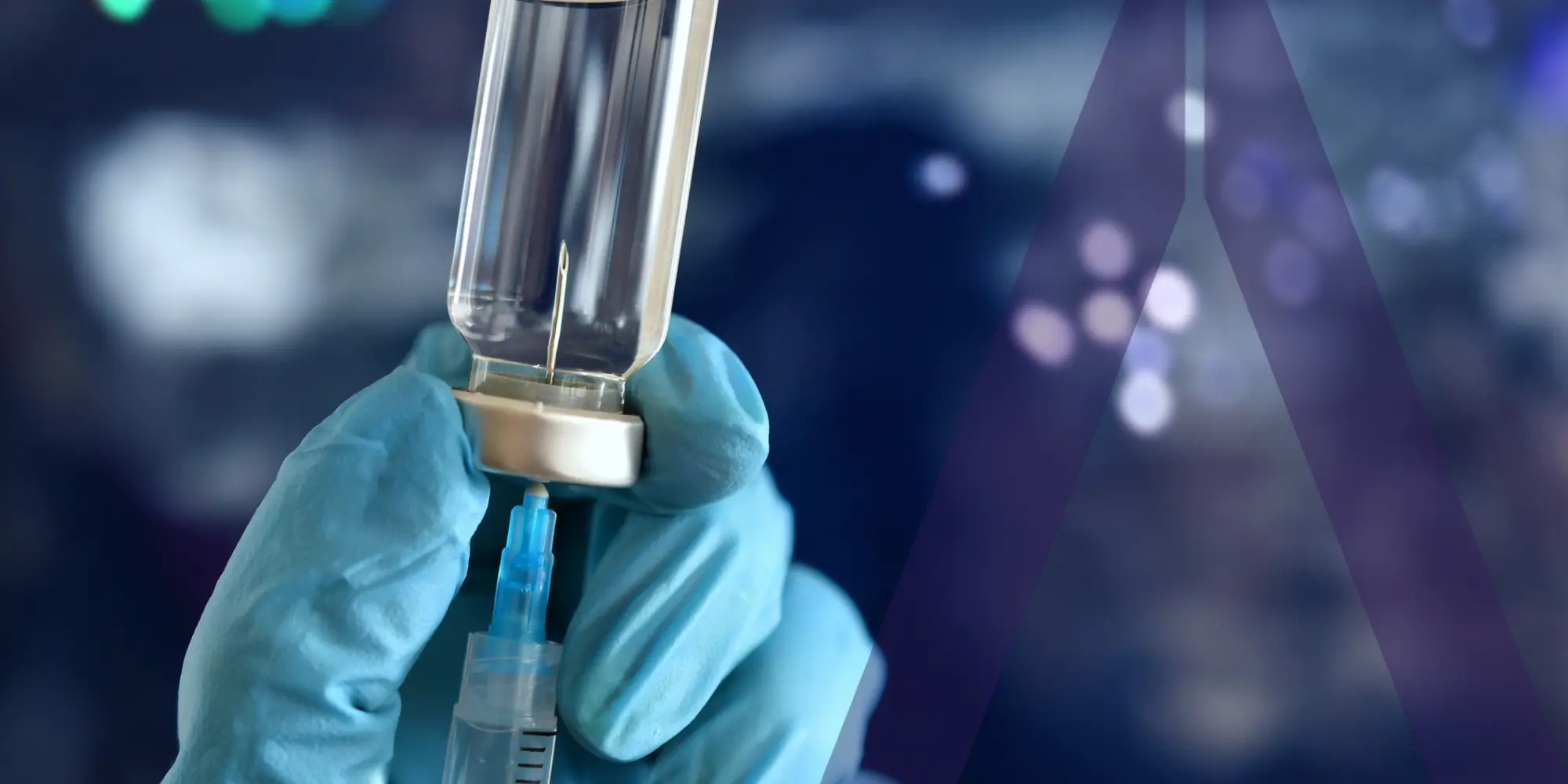Home / Resources / All Categories
Resources
VIEW BY TOPIC
Allergy
Autoimmune
Biostatistics
Cell and Gene Therapy
Chemistry, Manufacturing, and Controls (CMC)
Clinical Pharmacology
Clinical Trial Operations
Data Management
Dose Optimization
GxP Compliance
Hematology
Immunology and Inflammation
Infectious Disease and Vaccine
Inspection Readiness
Medical Writing
Modeling and Simulation
Neuroscience
Nonclinical/Preclinical
Oncology
Patient Recruitment and Retention
Pediatric
Pharmacokinetics / Pharmacodynamics
Pharmacovigilance and Drug Safety
Project Management
Protocol Development and Study Design
Publishing and Submissions
Rare Disease and Orphan Drugs
Regulatory Affairs
Study Startup and Site Intelligence

Infographics
Mastering Dose Escalation in Early Phase Oncology Trials with Proactive Cohort Management
View More

Blog
FDA Rare Disease Evidence Principles (RDEP): A CRO’s Perspective on Rare Disease Drug Development
View More

Expert Conversations
Monoclonal Antibody Dose Response: Dupilumab Case Study Using mPBPK Modeling
View More

Blog
Understanding How Pharmacokinetic Data and CDISC Standards Work Together
View More

Infographics
Long-Term Safety Strategies for Advanced Therapies: A Proactive Framework
View More

Expert Conversations
FDA Accelerated Approval and Other Expedited Programs in Oncology
View More

Industry Featured Article
The Netherlands: Europe’s Strategic Gateway for Biotech Clinical Trials
View More

Webinar
Advanced Therapy Safety Management: Proactive Strategies for Real-World Risk Detection
View More

Blog
Leveraging AI in Pharmacovigilance: Challenges for Small & Mid-Size Biopharma
View More

Blog
NDA to MAA: Essential Steps, Requirements, and Timelines for EU Marketing Authorisation Applications
View More

Case Study
Solving Pediatric Neurology Study Challenges with Advanced Site Intelligence & Patient Recruitment Strategies
View More

Case Study
Modified MABEL Approach to First-in-Human (FIH) Starting Dose Selection
View More